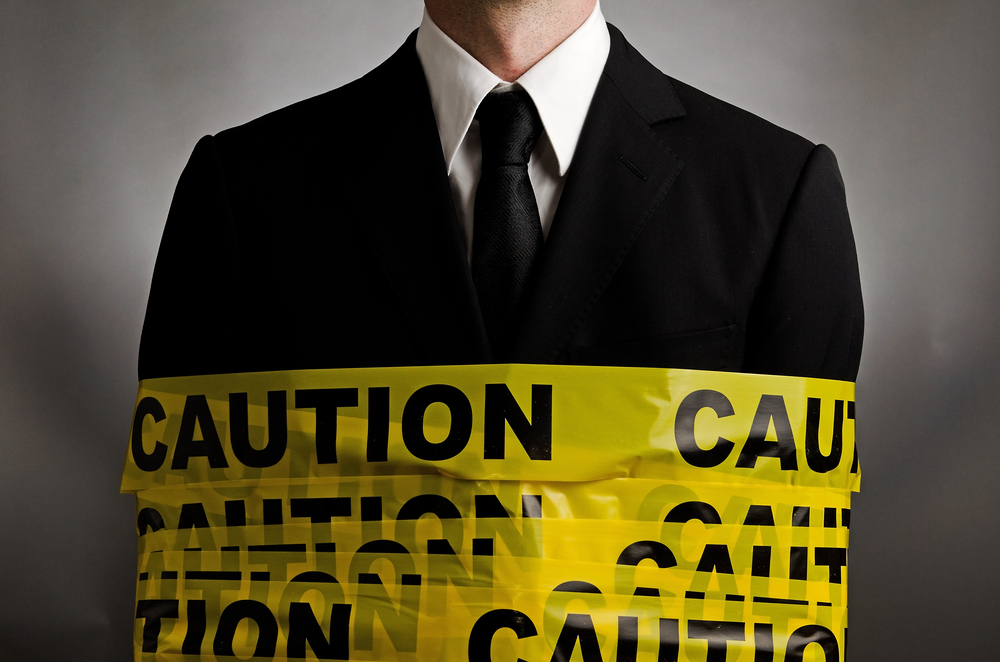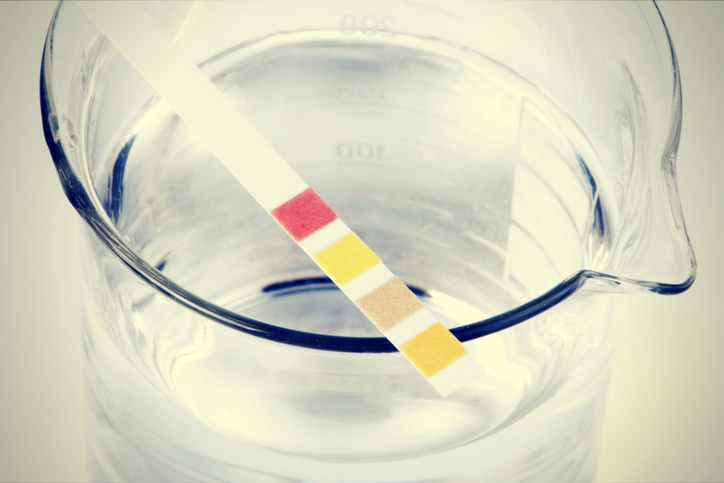US Drug Test Centers Blog
How to Dilute Alcohol in Your System (Does it Even Work?) | US Drug Test Centers
After a night of too much drinking, individuals will sometimes try to dilute alcohol in their system to sober up and, "just in case," pass an alcohol test. But does this really work?
In this article, we explore how alcohol actually works in your system and if it's possible to dilute alcohol in your body. We also talk about what you should do instead to avoid getting drunk and recover from intoxication.
Is it Possible to Dilute Alcohol in the Body?
Can you dilute alcohol in your system to beat an alcohol test? No, this is a myth. You can't actually trick the test.
It takes about one hour to digest and metabolize one standard drink. Once consumed, the alcohol enters your digestive system. About 20% of this is absorbed by the stomach, and about 80% is absorbed by the small intestine, then traveling to the bloodstream. Once in the blood, alcohol moves and impacts different body systems. Most of it will end up in your liver, where the majority of the digestion and metabolism processes take place.
If you consume more than a drink per hour, the system becomes saturated. The excess alcohol will accumulate in the blood and tissues until it can be processed.
Essentially, the length of time the alcoholic drink will stay in your system will depend on how much you consume. The more you drink, the longer it stays in your system. It's also important to know the alcohol percentage of your drink, as this will determine how long it can be metabolized.
Additionally, certain factors affect blood alcohol concentrations and the time it stays in your system. These include:
- Age - The older you are, the slower the metabolism rate and the longer alcohol stays in the liver.
- Biological sex - Alcohol stays longer in women's systems due to a lower percentage of body water (which helps automatically dilute alcohol in your system).
- Food - This helps dilute the alcohol, induce enzyme activity in the liver, and slow the rate at which alcohol is absorbed.
- Medications - Certain medicines — like Adderall, Xanax, and other cough and cold meds — can alter the metabolism and cause alcohol to be rapidly absorbed.
- Binge-drinking - Consuming too many drinks in a short time can have an impact.
How to Avoid Getting Drunk in the First Place
While there is no straightforward way to dilute alcohol in your system, there are things you can do to avoid consuming too much alcohol and becoming intoxicated.
Slow Down or Pause Between Drinks
Keep in mind that it takes at least one hour to process each drink. If you consume two or more within the same hour, you're more likely to be impaired. Try to take slow slips, with pauses in between, or chat with friends to help reduce the number of alcoholic drinks you consume.
Drink Water
For every serving of alcohol, have a full glass of water. Because you limit your alcohol consumption, this will help slow down the effects of dehydration and impairment. It'll also give your liver some time to metabolize and dilute the alcohol in your body.

Avoid Mixing Drinks
Choose your drink for the night and stick to it. Mixing different kinds of alcoholic drinks can rapidly increase your blood alcohol concentration, thus making you feel intoxicated quicker. Additionally, the severity and length of time you feel intoxicated will be different if you drink and get high at the same time.
Eat Before Drinking and Along the Way
Food can reduce the amount of alcohol you consume. And as mentioned, it can help dilute the alcohol in your system. Just be sure to avoid heavy and greasy meals, as this can worsen your feeling of intoxication.
How to Recover if You Get Drunk
Getting drunk can lead to hangovers, the body's natural reaction to overconsumption, poisoning, or withdrawal of alcohol. This can begin about eight to 12 hours after your last drink.
You'll know you have a hangover the morning after if you have feelings of headache, fatigue, nausea, thirst, or vomiting. For others, signs of a hangover can include depression or memory gaps of the night prior. The extent of the symptoms varies depending on the individual and the quality and quantity of alcohol consumed.

Some tips to recover from a hangover include:
- Avoiding excessive caffeine intake as this can lead to dehydration. Should you choose to drink coffee or tea, stick to your normal amount.
- Drinking water or juice to rehydrate.
- Eating a healthy, balanced meal when you wake up. This will help bring back your normal blood sugar level and relieve headaches.
- Eating complex carbohydrates (whole grains, legumes, fruits, vegetables).
- Taking pain reliever medication (particularly acetaminophen or ibuprofen) when you wake up. Over-the-counter antacids can also help reduce stomach pains.
The Key Takeaway
While many people attempt to dilute alcohol in their system to potentially pass an alcohol test, this effort doesn't completely work. Rather, it's better to take careful steps to avoid getting drunk or to recover from a hangover. And more importantly, if you've been drinking, don't even attempt to drive.

For all your alcohol testing needs, US Drug Test Centers can help. Our breath alcohol testing detects current impairment. We also offer ETG alcohol urine testing (which detects up to 80 hours after ingestion) and ETG hair testing (which screens alcohol consumption from the past seven to 90 days).
US Drug Test Centers can help make alcohol and drug testing easy. Order your test online, connect with one of our customer service representatives, or locate the center nearest you.
For employers, we can help you curate a drug-free workplace program, teach you about conducting alcohol testing in your place of work, and provide information to keep you legally protected. We help you maintain a safe, healthy working environment.
Contact US Drug Test Centers today to learn more.






















